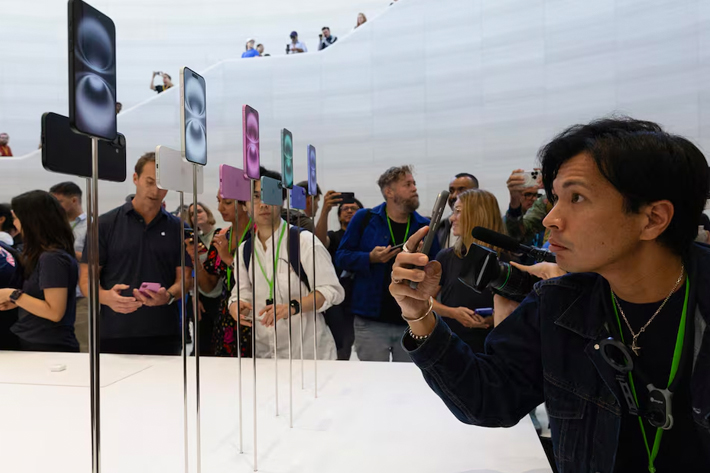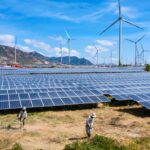Indonesia’s Investment Minister said that Apple currently plans to invest US$1 billion in Indonesia to resume iPhone 16 sales in the country.
Indonesia’s large and tech-savvy population is a key market for Apple, given Apple’s sales have declined this year in China, one of its largest markets.
But the tech giant has run into trouble in the country after failing to meet local content procurement and investment requirements previously promised to the Indonesian government.
Also Watch AF: Western companies rush to source critical minerals after China restrictions
This leads to Indonesian iPhone 16 sales banned in the country October.
Since the ban, Apple has made multiple investment proposals to Indonesia. USD 10 million from early Novemberfollowed by a recent $100 million increase. But the Indonesian government also rejected the proposal last week.
The government says Apple’s $100 million proposal to build an accessories and parts factory is not enough to reverse the iPhone 16 ban.
Indonesia currently requires smartphone and tablet manufacturers to make at least 40% of the parts in their devices locally, or invest an equivalent amount in order to sell them domestically.
The Indonesian government said this week it would increase local content requirements.
However, comments from Indonesian Investment Minister Rosan Roeslani suggest that Apple’s latest $1 billion investment will meet the new requirements.
Rosrani said the U.S. smartphone maker will invest the funds to build a manufacturing plant in Indonesia to produce parts for smartphones and other products.
“We will have more discussions with them… We hope everything will be announced next week after receiving their written commitment,” he said.
Apple currently has no manufacturing facilities in Indonesia, a country with a population of about 280 million, but it has set up an App Developer Academy since 2018.
Indonesia believes the strategy is to meet local content requirements for selling older iPhone models.
Companies often increase local content through local partners or sourcing parts domestically.
- Reuters, with additional editing and input by Vishakha Saxena









